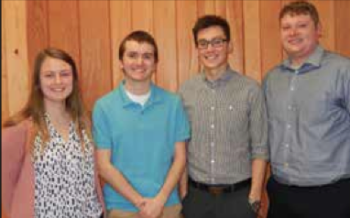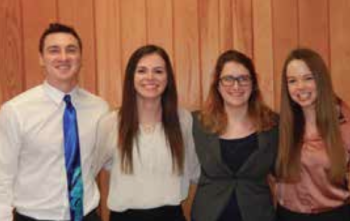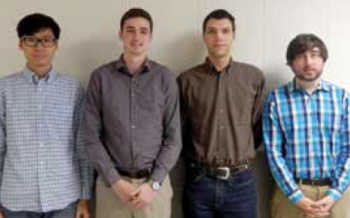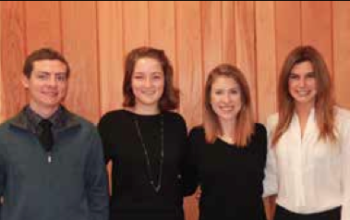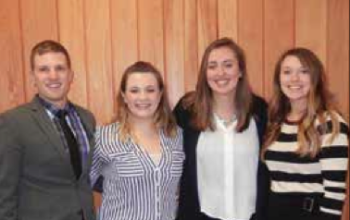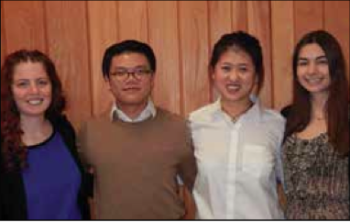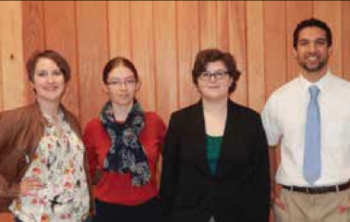Biosystems
Projects
Biosystems Engineering student teams, enrolled in the two-semester biosystems design capstone experience, BE 485/487, develop, evaluate, and select design alternatives in order to solve real-world problems. Projects are diverse, but each reflects systems thinking by integrating interconnected issues affecting the problem, including critical biological constraints. The engineering design process is documented in a detailed technical report. Teams present project designs to engineering faculty and a review panel of professional engineers for evaluation. Each BE 485/487 capstone design team prepares and presents a design solution in report, poster and oral formats to an industry advisory board, faculty, peers and the public that:
- Requires engineering design
- Uses a holistic approach
- Combines biology and engineering
- Interprets data
- Solves a real problem
- Evaluates economic feasibility
For information on sponsoring a project, please contact Dr. Dana Kirk or Dr. Luke Reese.
Biosystems Engineering students participate in Spring Term Design Day. The following were the project sponsors and projects for the Spring of 2018:
Tony’s Kronies: Oven Optimization
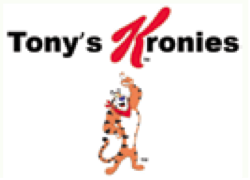
In facilities that utilize ovens, the ability to maintain a consistent production environment is difficult due to seasonal atmospheric fluctuations. Our task was to define the relationship between environmental conditions and finished food quality based on direct gas-fired (DGF) oven profile fluctuations and to develop a control plan for adjusting oven operation based on atmosphere changes in a facility.
Sponsor – Kellogg (project under NDA agreement)
Faculty Advisor – Dr. Chris Saffron,
The Process Professionals: Nutritional Analysis Sample Preparation Optimization
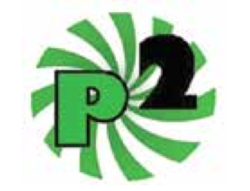
The Process Professionals developed standardized sample homogenization protocols and corresponding process maps for a wide variety of food products. The goal of these recommendations was to increase sample throughput and reduce sample rework.
Sponsor – Covance (project under NDA agreement)
Faculty Advisors – Dr. Ilce Medina Meza & Dr. Dan Guyer
Milkin’ It: Milk Plant Data Management Implementation
Team Milkin’ It worked with the recently acquired Meijer Purple Cow production facility. The facility, located in Holland, MI, produces a range of milk products for all Meijer stores. The focus of the project includes the conversion of all data collection processes to digital recording methods as well as the analysis of production and quality data to identify areas of opportunity and implement quality management practices.
Sponsor – Meijer (project under NDA agreement)
Faculty Advisor – Dr. Yan (Susie) Liu & Dr. Kirk Dolan
L’Oven It: Oven Operation Analysis and Optimization
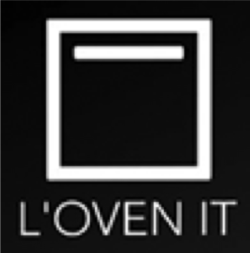
Team “L’Oven It” worked with Bimbo Bakeries, USA, located in Beaverton, Oregon – a major producer of premium breads, buns and specialty rolls in the Pacific Northwest. From March to September, Bimbo Bakeries-Beaverton doubles their bun production output to match increased product demand. The oven Bimbo Bakeries-Beaverton currently uses to produce these buns does not deliver optimal baking performance due to the oven age, design, and outdated standard maintenance and operating procedures. To help Bimbo Bakeries-Beaverton, our team developed a set of standard procedures for both preventative and corrective maintenance practices. Our team also created silicone bun models to act as mock product while profiling the oven’s internal temperature eliminating product loss relating to this procedure.
Sponsor – Bimbo Bakeries, USA (project under NDA agreement)
Faculty Advisor – Dr. Sanghyup Jeong
Spiral: Poultry Sheet Meat Processing Equipment Line Optimization
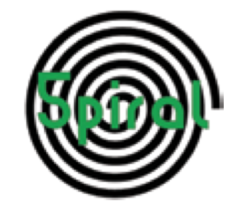
Sheet meat processing is a specific poultry product application,
for a frozen, ready-to-eat product. Sheet meat processing involves several equipment systems that result in product yield loss at each step, allowing for opportunities throughout the process to increase the overall product yield. Our team designed an optimal sheet meat processing line using existing equipment from JBT FoodTech that will maximize the total yield of poultry and result in economic gain.
Sponsor – JBT FoodTech (project under NDA agreement)
Faculty Advisor – Dr. Brad Marks, PE
Energy Pharmers: Manufacturing Plant Energy Audit and Optimization

Perrigo Holland wants to contribute to the corporate goal of reducing energy consumption by 15% by the year 2020. The Energy Pharmers performed an energy audit to evaluate the facility’s energy profile and recommended energy conservation measures that will offset the impact of the new addition on overall energy consumption.
Sponsor – Perrigo (project under NDA agreement)
Faculty Advisor – Mr. Aluel Go & Dr. Truman Surbook
Crayfish Will: Red Swamp Crayfish Control in Michigan
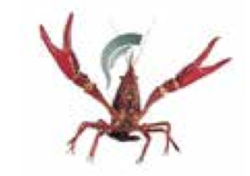
Red Swamp Crayfish, Procambarus clarkii, are an invasive species
in Michigan, and the Michigan Department of Natural Resources (MDNR) has found invasive P. clarkii in ponds and lakes of southern Michigan. The crayfish are a cause of concern for the environment and are a threat to the surrounding infrastructure due to their burrowing methods. Our team was tasked to design and implement a technically and economically feasible solution to control the invasive species, Red Swamp Crayfish, from a retention pond in Novi, MI, to prevent further environmental and economic degradation.
Sponsor – MDNR
Faculty Advisor – Dr. Wei Liao, PE
Team OO: Phosphorus Removal from Wastewater

Michigan Department of Transportation (MDOT) expects the Michigan Department of Environmental Quality (MDEQ) to implement future surface wastewater discharge limits on phosphorus at the Dewitt Rest Area 831. Team OO designed and optimized two system options to reduce phosphorus to satisfy the anticipated limit: a subsurface mound and the electrochemical Waterloo Biofilter. The subsurface mound design focuses on removing the surface discharge component, while the electrochemical precipitation coagulates phosphorus for later filtration.
Sponsor – MDOT
Faculty Advisors – Dr. Steve Safferman, PE
Stem Meets STEM: Germination Chamber Design and Optimization
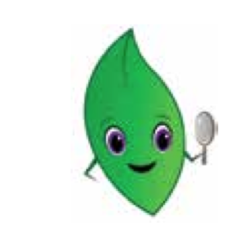
Stem Meets STEM designed and optimized a low-tech, automated germination chamber to minimize labor requirements. A germination chamber facilitates the efficient germination of seedlings for transplant production, allowing staff to have more uniform and consistent seedlings available for planting year-round.
Sponsor – MSU Student Organic Farm
Faculty Advisors – Dr. Ajit Srivastava, PE
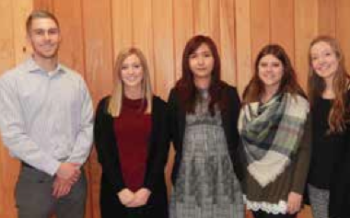
 Team Members (L-R): William Vanmaele, Courtney Vanderhoof, Linda Lay, Caitlin Knedgen, & Alex Darrow
Team Members (L-R): William Vanmaele, Courtney Vanderhoof, Linda Lay, Caitlin Knedgen, & Alex Darrow